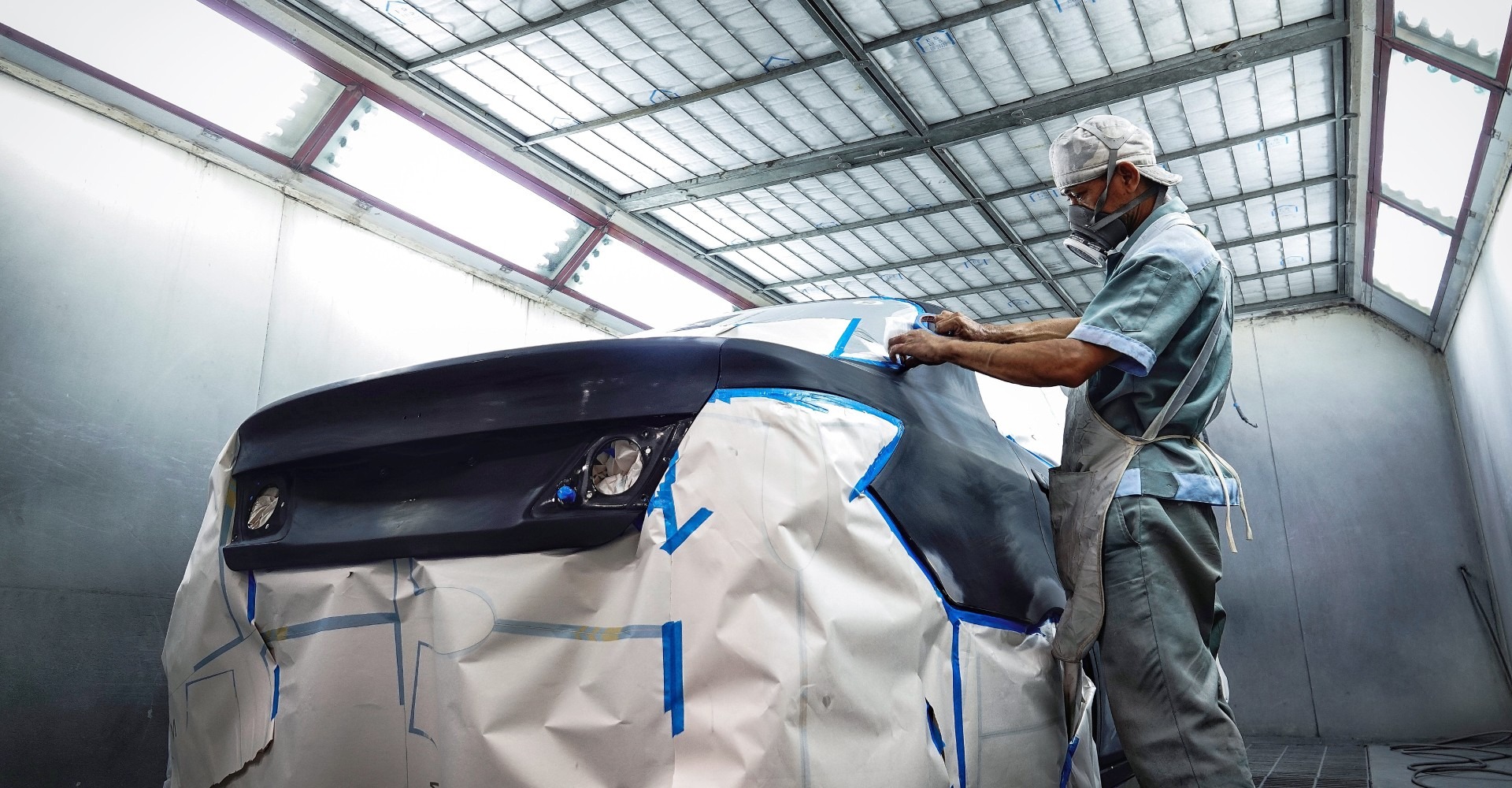All Categories
Featured

Your vehicle's engine is the heart of your vehicle, and keeping it in leading condition is crucial for optimal efficiency and longevity. Normal engine tune-ups are a wonderful method to maintain your car's wellness, enhance fuel performance, and avoid costly repair work down the roadway. Whether you're a car lover or a person that simply intends to keep their automobile running smoothly, these engine tune-up suggestions will certainly assist you get one of the most out of your auto.
- Change Glow Plugs. Spark plugs play a critical role in starting your engine and guaranteeing smooth combustion. With time, stimulate plugs can end up being filthy or broken, leading to misfires, minimized gas efficiency, and rough idling.
During an engine tune-up, check and change your trigger plugs if essential. Most vehicles require brand-new ignition system every 30,000 to 100,000 miles, depending upon the type. Routinely changing trigger plugs makes sure proper ignition and optimal engine performance.
- Examine and Clean the Air Filter. The air filter protects against dust, dirt, and debris from entering your engine. A clogged or dirty air filter limits air flow, creating your engine to function tougher and shed more fuel.
Check your air filter throughout a tune-up and change it if it's unclean. In dirty atmospheres or locations with heavy contamination, you may need to transform the air filter a lot more often. A tidy air filter can boost gas efficiency and prolong the life of your engine.
- Evaluate and Replace Belts and Hoses. Belts and pipes are crucial for numerous engine features, such as powering the alternator, water pump, and cooling system. In time, these components can split, fray, or wear, possibly bring about failures.
Throughout a tune-up, check belts and hoses for indicators of wear and replace them if needed. Replacing these components proactively can conserve you from pricey repair services and prevent unanticipated failings.
- Clean the Fuel System. Your gas system, consisting of the fuel injectors and gas lines, can gather dirt and carbon deposits gradually, decreasing engine performance. Cleaning up the gas system throughout a tune-up aids enhance performance and gas economic climate.
You can utilize a gas system cleaner or have a professional mechanic execute a more comprehensive cleansing. This step is particularly essential for older lorries or autos that frequently drive in stop-and-go web traffic.
- Examine the Battery and Charging System. A healthy and balanced battery is crucial for beginning your engine and powering electrical components. Throughout a tune-up, check the battery terminals for corrosion and make certain the connections are tight.
Examine the battery's voltage and replace it if it reveals indicators of weakness. In addition, have the alternator and charging system checked to ensure your battery remains charged during procedure.
- Change the Engine Oil and Oil Filter. Oil modifications are a basic component of engine upkeep. Engine oil lubricates relocating components, minimizes rubbing, and aids manage engine temperature. Over time, oil ends up being contaminated and loses its effectiveness.
Throughout a tune-up, replace the engine oil and oil filter to keep your engine running smoothly. Follow your automobile's maker suggestions for oil kind and modification periods.
- Check the Air Conditioning System. The cooling system avoids your engine from overheating. Over time, coolant can deteriorate or become infected, reducing its efficiency.
Examine the coolant degree and problem during a tune-up, and flush and replace it if needed. Inspect the radiator, water pump, and hose pipes for leakages or damage. A well-maintained cooling system aids your engine run at the appropriate temperature and prevents getting too hot.
- Test the Ignition System. A defective ignition system can cause beginning concerns and minimized engine performance. During a tune-up, evaluate the ignition coils, representative cap, and rotor (if relevant) Replace any type of components that reveal signs of wear or damage to make sure smooth and reliable engine procedure.
- Listen for Unusual Sounds. During a tune-up, take the chance to listen for any uncommon engine sounds, such as knocking, ticking, or hissing. These noises can show underlying issues, such as shutoff problems, loosened components, or exhaust leaks. Resolving these troubles early can stop extra comprehensive damages.
- Use Quality Parts and Fluids. When performing an engine tune-up, constantly utilize top quality parts and fluids that satisfy your automobile producer's specifications. Affordable or wrong parts can jeopardize your engine's efficiency and reliability.
Conclusion: A Well-Tuned Engine is Trick to Longevity. Normal engine tune-ups are vital for maintaining your vehicle's performance, efficiency, and integrity. By changing used components, cleansing vital systems, and resolving possible concerns, you can keep your engine running smoothly for many years to find. Whether you're doing it on your own or relying upon a trusted auto mechanic, purchasing tune-ups is a wise way to safeguard your vehicle and delight in a more secure, smoother trip.
Latest Posts
Improve Your Home with Overhead Door Solution
Understanding Roof Covering Guarantees: What Homeowners Ought To Know
How Consistent Auto Maintenance at Montclare Auto Repair Saves You Money
More
Latest Posts
Improve Your Home with Overhead Door Solution
Understanding Roof Covering Guarantees: What Homeowners Ought To Know
How Consistent Auto Maintenance at Montclare Auto Repair Saves You Money
